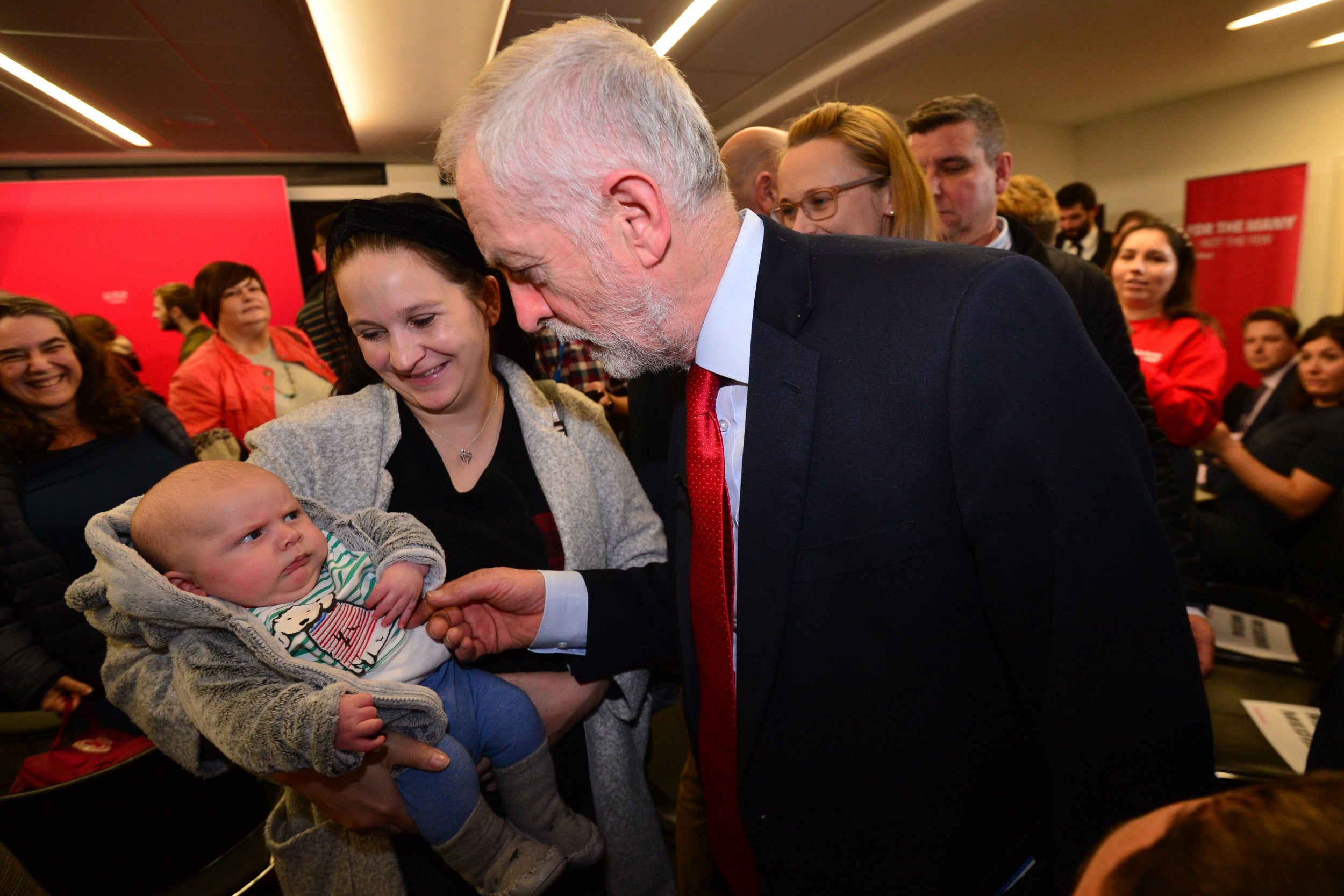Boosting fast broadband access could narrow stark inequalities across UK, say economists
Labour's surprise announcement to make full-fibre broadband free by 2030 has won support among voters

Your support helps us to tell the story
From reproductive rights to climate change to Big Tech, The Independent is on the ground when the story is developing. Whether it's investigating the financials of Elon Musk's pro-Trump PAC or producing our latest documentary, 'The A Word', which shines a light on the American women fighting for reproductive rights, we know how important it is to parse out the facts from the messaging.
At such a critical moment in US history, we need reporters on the ground. Your donation allows us to keep sending journalists to speak to both sides of the story.
The Independent is trusted by Americans across the entire political spectrum. And unlike many other quality news outlets, we choose not to lock Americans out of our reporting and analysis with paywalls. We believe quality journalism should be available to everyone, paid for by those who can afford it.
Your support makes all the difference.Rolling out access to fast broadband could minimise persistent regional inequalities, new analysis shows, as Labour vowed to roll out free full-fibre internet within the next decade.
The National Institute for Economic and Social Research (NIESR), a respected independent thinktank, said lack of access to fast internet was a "driver of geographic disparities" and significant investment in digital infrastructure would narrow the gulf between different parts of the UK.
Analysis by NIESR found distribution of access was "highly uneven", with only 2 per cent of households able to access full fibre broadband in the North East and 4 per cent in the East of England.
Even the best-connected region, Northern Ireland, only has 25 per cent coverage, while Yorkshire and the Humber had 15 per cent.
London and the South East also fare worse on 11 per cent with full fibre connections.
It comes after Jeremy Corbyn's surprise announcement of plans to nationalise part of BT and offer free access to the fastest connections to every household by 2030, which won support from 62 per cent of voters, according to a snap YouGov poll.
Boris Johnson also vowed to bring full fibre broadband to every home and business by 2025, setting aside £5bn to connect premises where it might not be commercially viable.
Ana Rincon-Aznar, principal economist at NIESR, said: “Considering that digital technologies are becoming ever more important in people’s personal and professional lives, it is obvious that a lack of access to fast internet is a driver of geographic disparities.
“Speeding up the coverage of ultrafast and full fibre internet for everyone in the UK may help to reduce regional disparities as the current access to high-speed internet is unevenly distributed across the country.”
Wealth gaps between different regions are also driven by access to education and productivity, while cuts to local government funding are most pronounced in cities in the north of England, the report also said.
NIESR argued that Brexit could also increase inequalities, as deprived areas receive more EU funding.
Labour argued that the internet could become a “treasured national institution for the 21st Century” such as the NHS or the public waterworks in the 19th Century.
However its plans for the state to fund broadband provision also drew criticism from business groups, with the CBI claiming it would pass costs onto pensioners and savers.
Quizzed on the plans on Tuesday, Mr Corbyn told BBC Radio 2: "Broadband across the whole country will mean that communities that don't have any access to broadband at the moment will get it.
"It will mean that remote areas of a country that don't have broadband at the moment will probably get the business investment they don't get now because no company wants to move there.
"Broadband is a necessity. If South Korea can manage 95 per cent access to broadband, why is it Britain can only manage 9 per cent?"
Join our commenting forum
Join thought-provoking conversations, follow other Independent readers and see their replies
Comments